When you climb a mountain, pass by a highland village, or immerse with a tribe, you need to be consciously aware that you’re a stranger. Your presence alone disrupts the natural flow and dynamics of the place. Imagine if you actively do things that you’re not supposed to do. That will truly exacerbate the situation! Worse, you may inadvertently change the culture of that community.
Expedition and Wilderness Emergency Medical Services Physician Dr. Ted Esquerra and outdoor adventure guru Ramon Jay Jorge share to us the proper way to observe cultural sensitivity and the proper behavior to exhibit when interacting with mountain communities.
Do’s
1. Study the place, its culture, and political and economic setup where you will pass by or immerse.
2. Be courteous to anyone you meet along the trail.
3. Upon arrival, signify the intention of your visit to the chieftain, elder, tribal council, or barangay captain of the community.
4. Stay in one place where you can be seen by the majority of the community members or elders.
5. If you intend to hire porters/beasts of burden, deal only with the community coordinator.
6. Accept food offerings of the community with expressions of gratitude.
7. Ask permission to any community member when doing/asking something (e.g. ask to fetch water in a well).
8. Treat mountains, caves, rivers, etc. as sacred places. Most of the resident tribal communities consider these places as gods, havens of the gods, or holy grounds.
9. Join community gatherings, activities, and celebrations only if invited to do so.
10. If you are invited to teach, teach only what can be appreciated by the community.
11. Respond appropriately to friendly gestures.
12. Respect their beliefs and superstitions.
13. Observe silence. These folks enjoy the tranquility and peace of their environment.
Don’t’s
1. Don’t drink alcohol, take drugs, or make revelries in tribal areas. This is common sense, but you’ll be surprised as to how many visitors would do this.
2. Don’t expect luxuries. Accept and appreciate what they have.
3. Don’t ask for anything. The problem with social climbers/trekkers is that they ask for conveniences—their conveniences.
4. Don’t be boisterous, arrogant, vulgar, or rude. Be polite.
5. Don’t wear indecent or offensive clothes.
6. Don’t show off gadgets, cell phones, jewelry, or other items that are alien to the community.
7. Don’t do these things without asking permission first:
- taking photos
- approach women, children, and old people
- visiting ritual sites and burial grounds
- enter homes and properties
- touch ornaments. They may be sacred items for the community.
8. Don’t correct or make fun of their beliefs. Each community has its own distinct and unique beliefs.
9. Don’t comment or show disapproval to some “grotesque” rituals such as breaking of chicken’s neck in a tribal dance.
10. Don’t kiss, hug, or do indecent acts in front of a community member.
11. Don’t laugh or giggle in front of the community. That’s because even if you didn’t mean anything, they might assume that you’re making fun of them.
12. Don’t leave trash behind, whether biodegradable or non-biodegradable.
13. Don’t pollute rivers, creeks, wells, and other water sources.
14. Don’t vandalize such as etching your name on artifacts or rock walls.
15. Don’t destroy traps set by community hunters. Don’t hunt!
Preventing Culture Contamination
1. Pay the local only the amount that was agreed upon. Do not bribe or give tips. When you introduce the concept of bribing or tipping to a normally honest community, you change their idea about money. This later manifests to exorbitant rates and questionable fees, which we all complain about.
2. Don’t visit a remote community as a large group. Remember that these people are wary of single strangers, so you can imagine what they are thinking if they see a group of strangers.
3. When taking photos, be unobtrusive. Don’t ask people to pose for you. Keep a distance between you and the subject that you’re shooting.
4. Avoid teaching things or giving stuff that the community doesn’t need.
5. Avoid showing interest in buying items from the community. Never establish trade without the knowledge of the elders.
6. Don’t introduce another paradigm that is alien to the community such as playing loud disco music in a community that values their own music.
7. Never assure the community that your knowledge, medicine, food, equipment, tools, etc. are better than theirs.
8. Tribal communities are fond of communal eating. Don’t eat separately from a family or a group.
The most meaningful travel happens when you go down deep, listen to the stories, and immerse in the ways of life of these wonderful people. It’s incredibly inspiring to see how they value their environment and culture.
However, you should remember that you are just a visitor. No matter how you think highly of yourself, you are the odd person out. As thus, you should leave as little trace as possible, whether it be on the environment or with the cultural practice of the people.
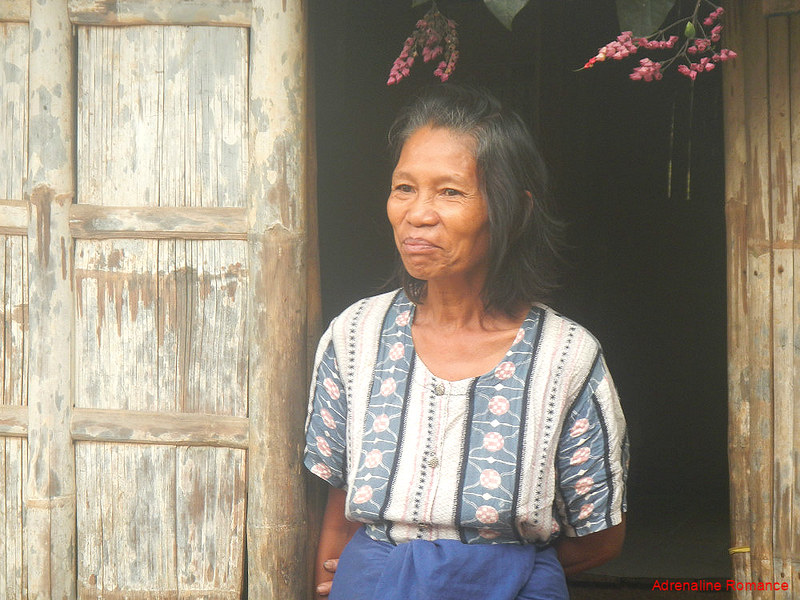
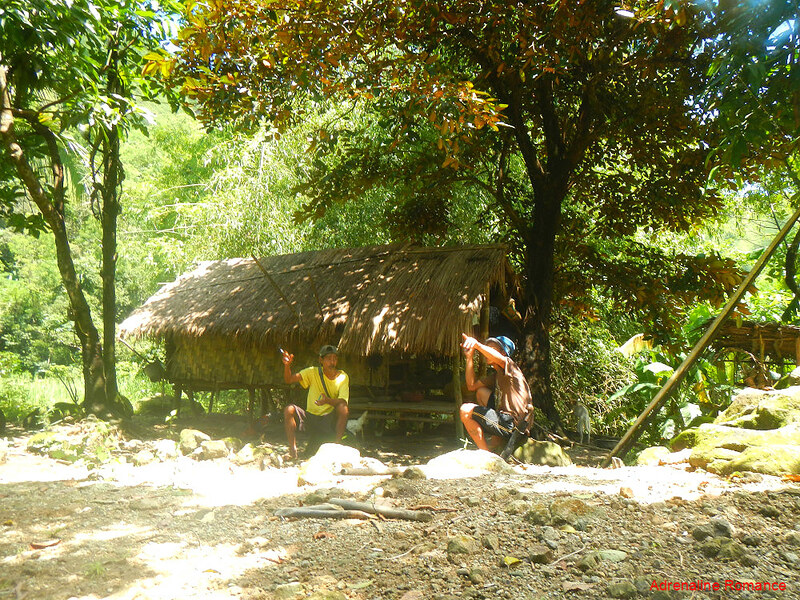
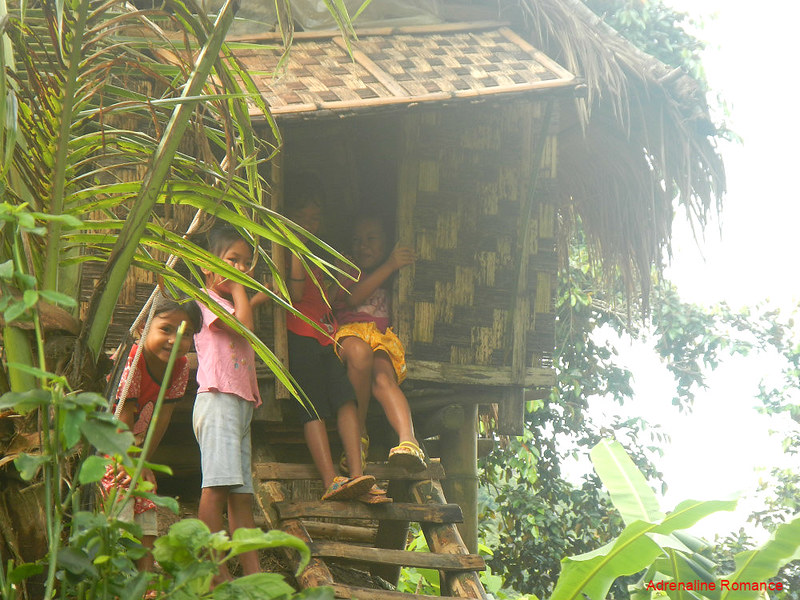
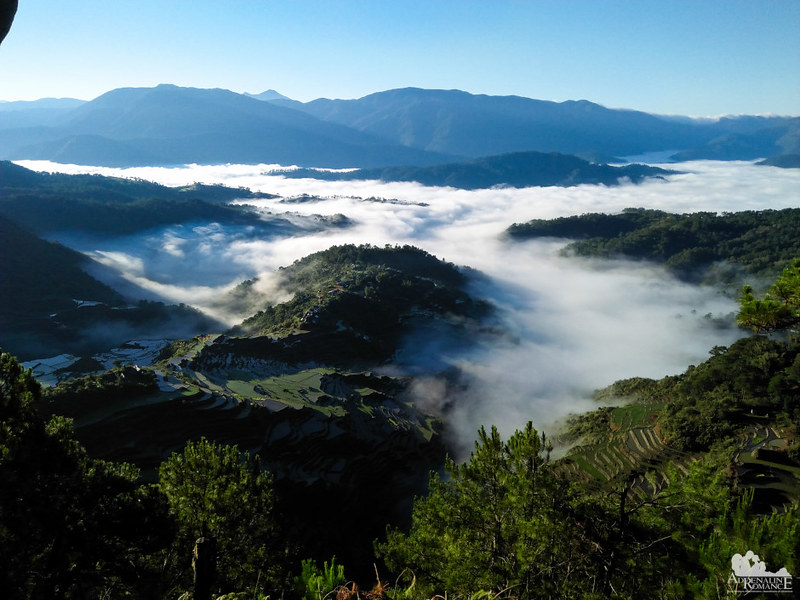
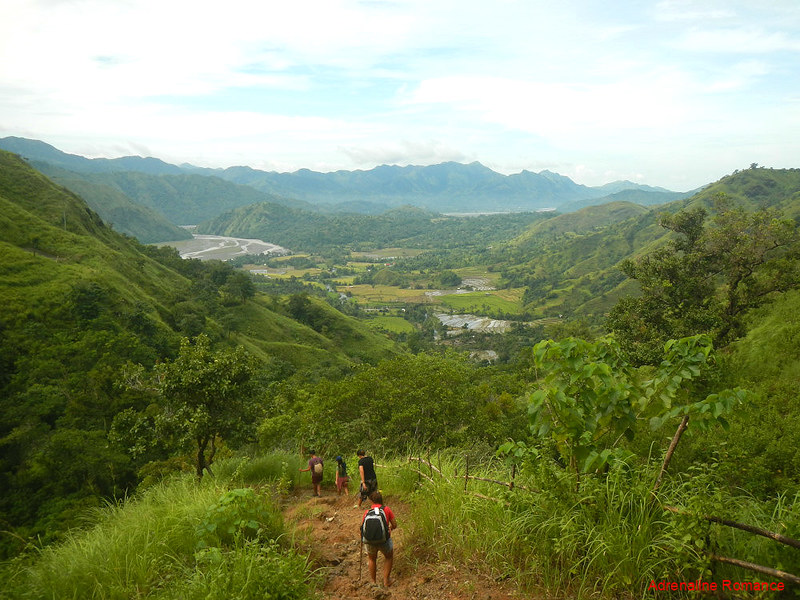
Reblogged this on Bob's Opinion and commented:
Great Information for any nature lover no matter where you go. Thanks for good advice and keep up the great picture story post … They are great.
Reblogged on Bob’s Opinion.
Thank you very much for the reblog. 🙂
Some of the things on this list I didn’t even think of. I work hard to be culturally sensitive, but I still have a ways to go. Thanks for this.
Hi Retha,
Yes! It’s just like being a visitor in someone else’s home. As visitors, we should practice courtesy, respect, and etiquette.
Really good advice here on this list. The world is changing because of globalisation, and we have to try to preserve the few original cultures that are left relatively untouched. Nice post 🙂
Hi Gelfo,
Thank you for the compliment. 🙂 We hope that travelers will practice cultural sensitivity if they visit other places, especially remote and rural ones. 🙂
I find very useful things on your list, to be honest I’ve never been thinking about it in that way. Maybe I should start. Sometimes we really need to be more sensitive about culture.
Hi Travel Optician,
Thank you! It is important to be aware that we are just visitors in a place. As such, we should practice proper etiquette. I mean, we don’t get rowdy, noisy, etc. when we visit someone’s home, do we? 🙂
Yes I totally agree with you 😀
I just love this post and these tips. I see so many obnoxious, selfish tourists who only care about their own comforts and convenience and don’t consider the sensibilities of the locals. Sharing it on all my channels and responsible tourism groups.
Hi Priya,
Same here! We observed a lot of tourists, hikers, trekkers, and climbers caring only for themselves. We can’t count the number of times when we encountered visitors who are rowdy, noisy, showy, etc. All these change a local culture’s perspective.
I really love this post. I think it’s so important to remember that as tourists, we are guests in whatever country and we should show respect for their culture and traditions.
Hi Meygan,
Exactly! The biggest problem is that many tourists/visitors think they are superior and VIPs (very important people) when they visit rural areas.
Wow I have never been to tribal areas but this guide is extremely helpful. I would never have thought not to pay gratuity or to not negotiate with the locals because of the reason you’ve just quoted but it makes sense. Also, the point about not landing up in large groups because this may not be construed in a positive manner. A very interesting post!
Thank you very much for the compliment. Sadly, we see a lot of so-called “travelers” and “adventurers” wreaking havoc in a remote community. They make so much noise, disrespect elders, drink to the max, etc. 😦
We need so much more if this these days
Thank you Daughter–Jones. 🙂
I heard stories about people got lost confused and arrived at another realm during their hike, have you ever experience such thing? Do you believe in such thing?
Hi Koko,
Personally, we haven’t experienced that. But we did hear stories from locals about people “trespassing” to that other realm.
We are not exactly superstitious, so personally, we are skeptical about realms of alternative existence. But we respect their beliefs on such realms. 🙂
The “big countries” , the super powers, should abide by the courtesies as they overshadow the rest of the world.
Hi Carl,
Yes, but it also goes the other way. As visitors to a place, we should always exercise respect and etiquette.
This is a really nice post and nice information too. I read your post. Thanks for sharing this post with us.
Thank you very much for the compliment! 🙂
It was really great to read your post, Very well written and explained article
Thank you Monaj! 🙂
Great post! Such an important aspect of travel that few ever address…
Hi Lauren,
Thank you very much. 🙂